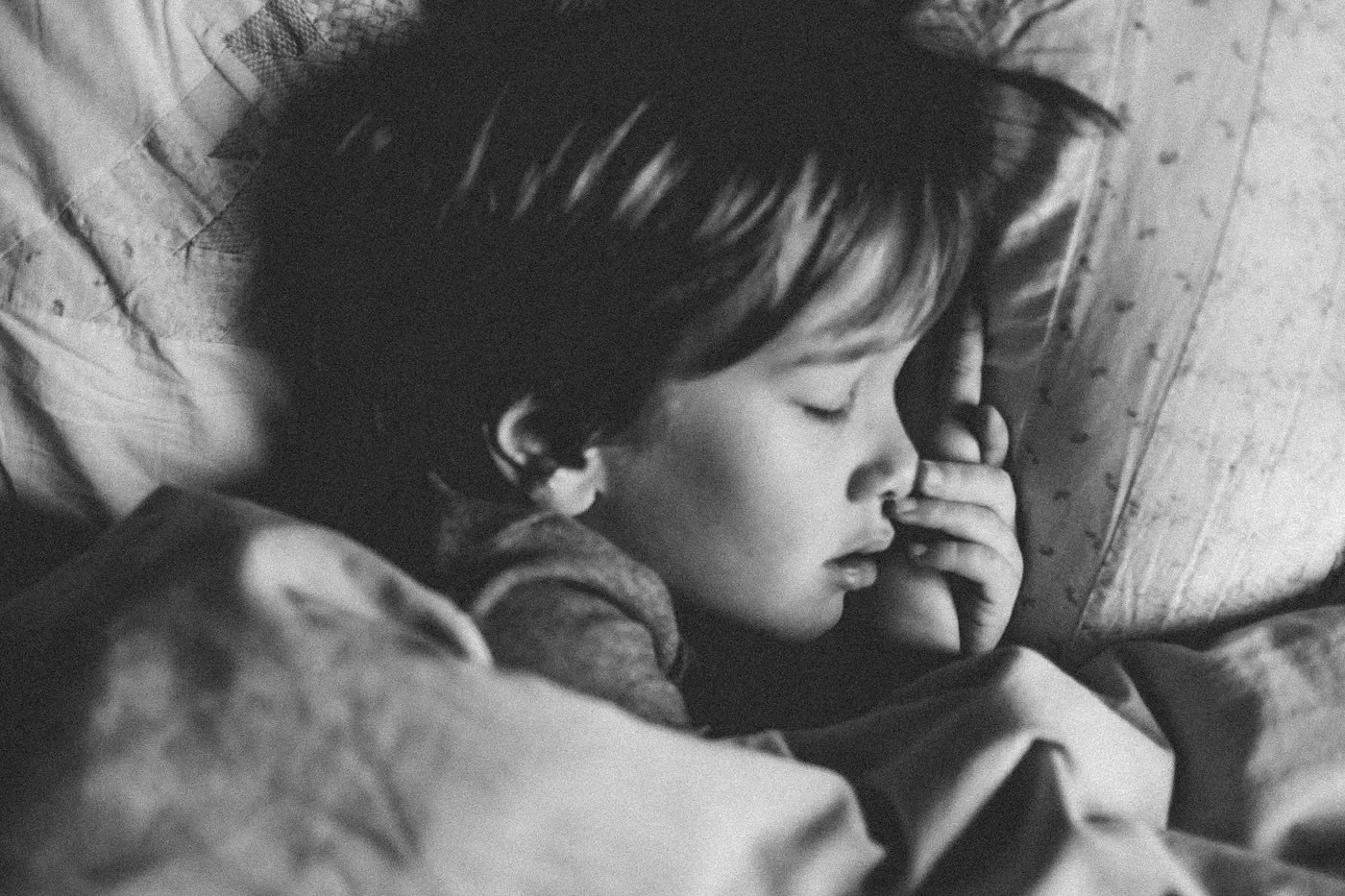Three Tragic Childhood Experiences, Part Two
Photo by engin akyurt
While sitting at my desk writing about the vivid memories of my childhood — specifically when I was seven, almost eight, when I lost my friend Charlotte — I can’t stop crying. Why am I sobbing about the loss of my friend so many years later, when I didn’t shed a tear at the time? I kept asking myself.
I didn’t cry when I saw my friend lying in a satin-lined box because I didn’t understand the finality of her sleep. Now, as I write about that sad time, the tears won’t stop streaming down my face. Where are these tears coming from, fifty years later?
When Charlotte didn’t come back to school, I felt bad, but I just thought she was ill. I understood what being sick was all about. My mom had kept me home when I had a fever, when I had spots all over my body, and when the glands on my neck and cheeks began to swell. But when I didn’t see my friend anymore, time eventually took away the sorrow of missing her.
Now, it seems that the tears have caught up with me because each time I read over the pages I have written about Charlotte, they flow.
_____________________
I continue writing about the next friend I lost, and I realize that my tears have stopped. They only return when I reread the beginning. That’s so odd, I can’t help thinking as I continue my story.
_____________________
The next friend I lost came a few months later. His name was Harold, a shy boy in my class, who always seemed a bit sickly. I didn’t play with him, except in group games in the classroom because he was, after all, a boy. He was always very quiet but nice enough.
Some of the kids taunted him for not playing some of the games with them because he didn’t have the energy. None of us knew about the illness he had, nor did we really care. Kids are all about their own feelings and needs, unaware of the needs of others. There may be compassion, but, generally, kids don’t know how to express it, are afraid of being ridiculed, or are just shy themselves. I didn’t like the fact that he seemed lonely, and I didn’t like how some of the kids bullied him, yet I did nothing to stop it.
The teacher, when seeing how Harold was picked on, scolded those tormenting him and tried to explain that Harold was ill. But kids being kids, they didn’t understand adult logic or reasons, and so, they never really stopped with their torments. They were just a bit more discreet when they picked on him.
I didn’t realize then that the bully in the school, which, there always seemed to be one, would draw the kids to his side because he was meaner and scarier. The kids under that power became followers because they didn’t know how to believe in themselves. They weren’t strong enough to resist the bully’s command to be mean to someone else, and so poor Harold had a miserable couple of years in school.
Photo by Annie Spratt
And then he died.
When Harold quit going to school, I figured he was sick of the torments. I didn’t think that it was because he had gotten sicker. But when I went with my parents to his house all dressed up one afternoon, acting solemn, then saw Harold’s parents crying, I wondered what was going on. But then my heart started thumping in a scary way when I saw a similar box sitting on top of a fold-up platform in their living room that was lined with satin. I gasped when I saw Harold lying in this beautiful yet small enclosed bed, like I had seen Charlotte and I knew that I wouldn’t be seeing Harold at school again, like Charlotte. I didn’t cry though. I was simply mystified at the coincidence of two friends sleeping soundly in the same kind of box and knew I likely would never see them again. I just didn’t understand why.
_____________________
Writing this segment, I feel sad about Harold, but more than sad, I feel a sense of guilt about not being a better friend to the boy who needed friends badly while he became more and more ill.
I heard my parents talk about the fact that Harold had died of the same disease as Charlotte — the dreaded leukemia — and were worried that it might somehow be contagious, or it had come from something in the water.
I obviously survived, and so did the other kids in my class, so, the mystery of two kids the same age in the same small community, dying in the same year of the same disease was never fully solved. It was written off as just ‘something that happens’.
Thinking back, I wonder if the atomic bomb testing less than 100 miles from our town had something to do with the illnesses of my friends. My parents died too early of cancer caused by that fall-out and were considered ‘down-winders’ victims because they had been out in the elements during the bomb testing. But that’s another story. I’ll never truly know the reason for the fates of my friends.
But there was yet another friend who died that year, but the reasons were not from an illness and could have been prevented.
This time, I couldn’t help but cry.
_____________________
Click to read part three here.
If you missed it, click to read part one.

